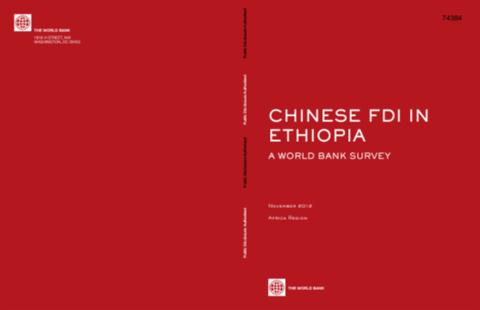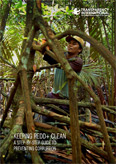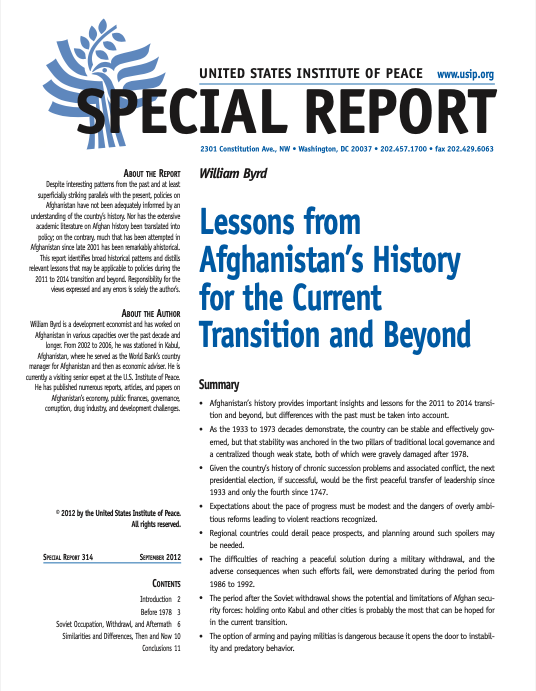Promoting the Rural Farm and Nonfarm Businesses : Evidence from the Yemen Rural Investment Climate
This study examines the major
constraints of rural business entry and performance in
Yemen. The Yemen rural investment climate survey made it
possible to analyze rural investment climate constraints for
rural businesses. The survey was used to investigate both
farm and nonfarm rural enterprises. The rural investment
climate was assessed using a combination of subjective
impressions related by rural entrepreneurs, and a more




